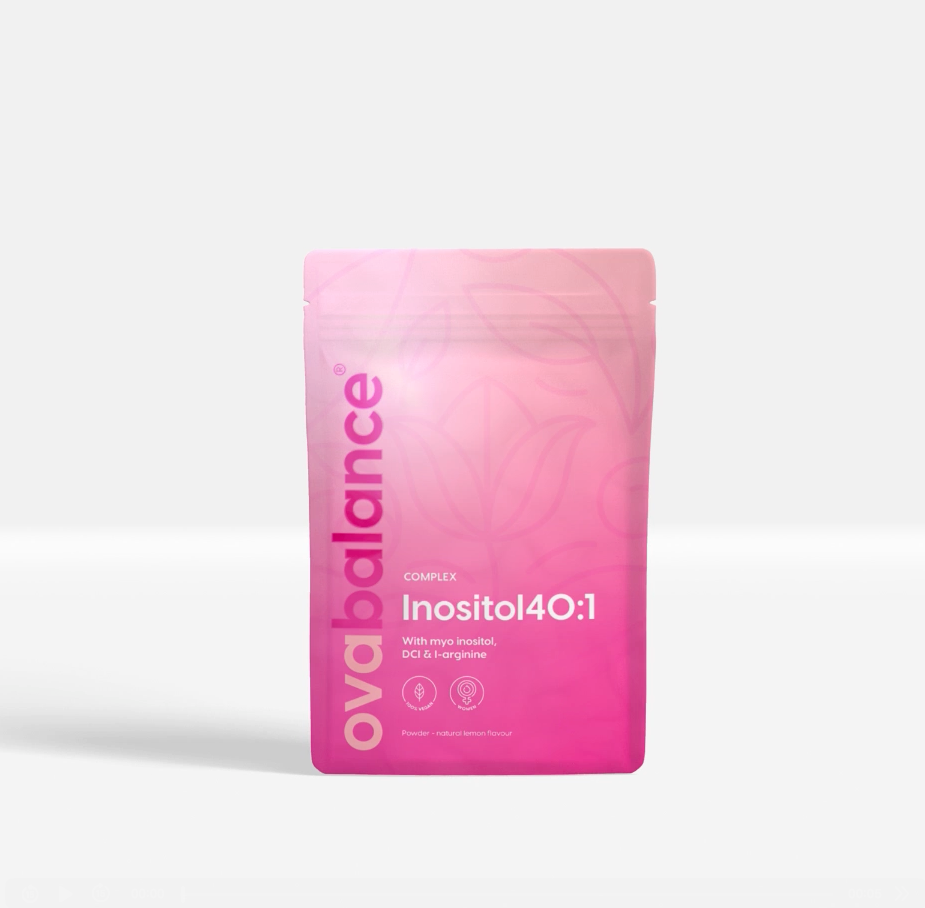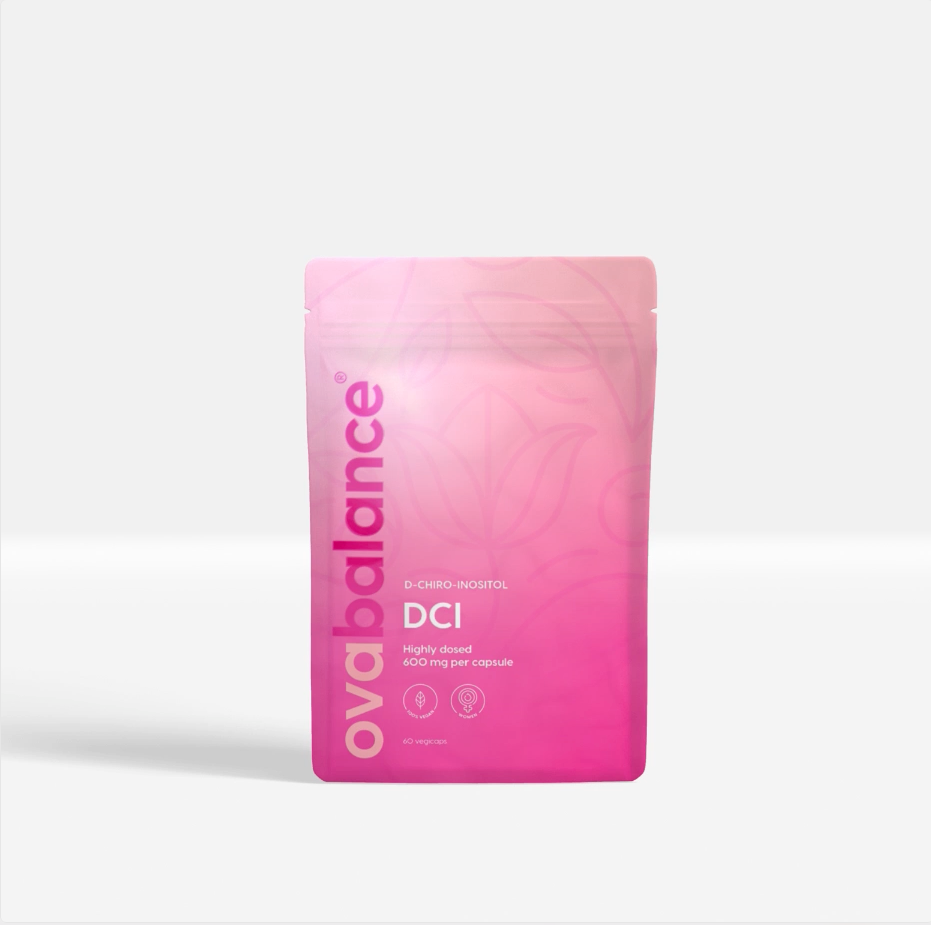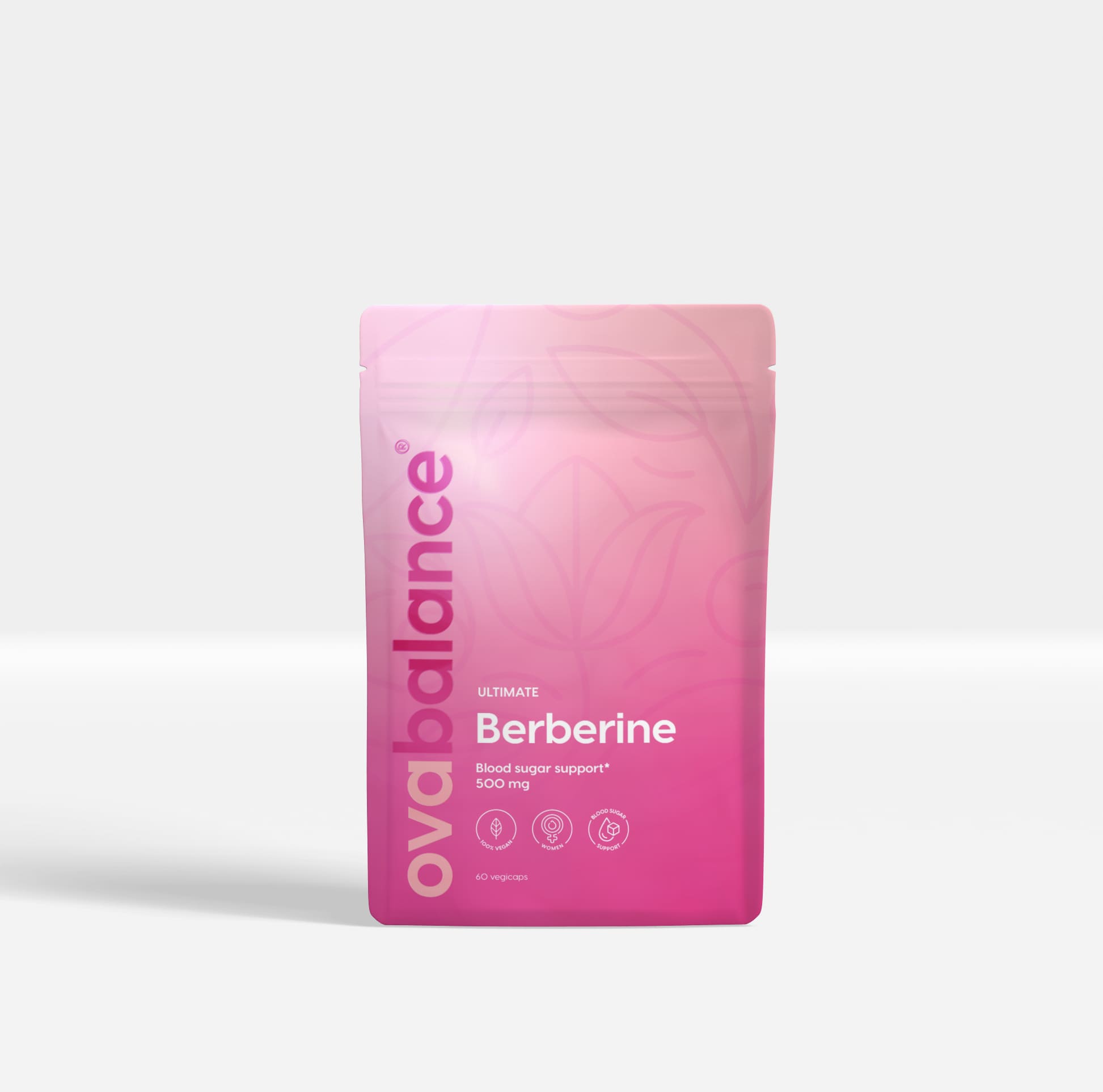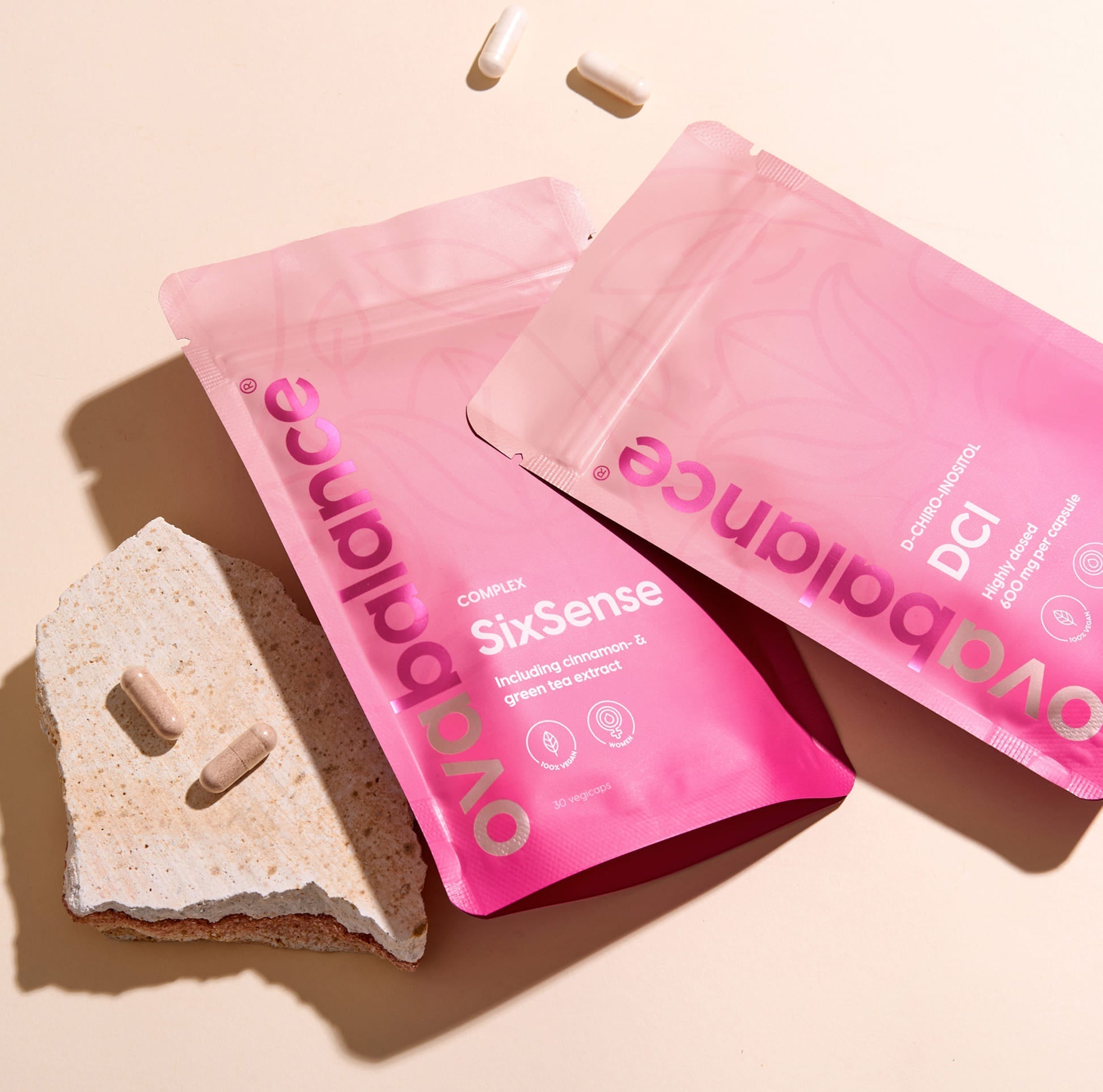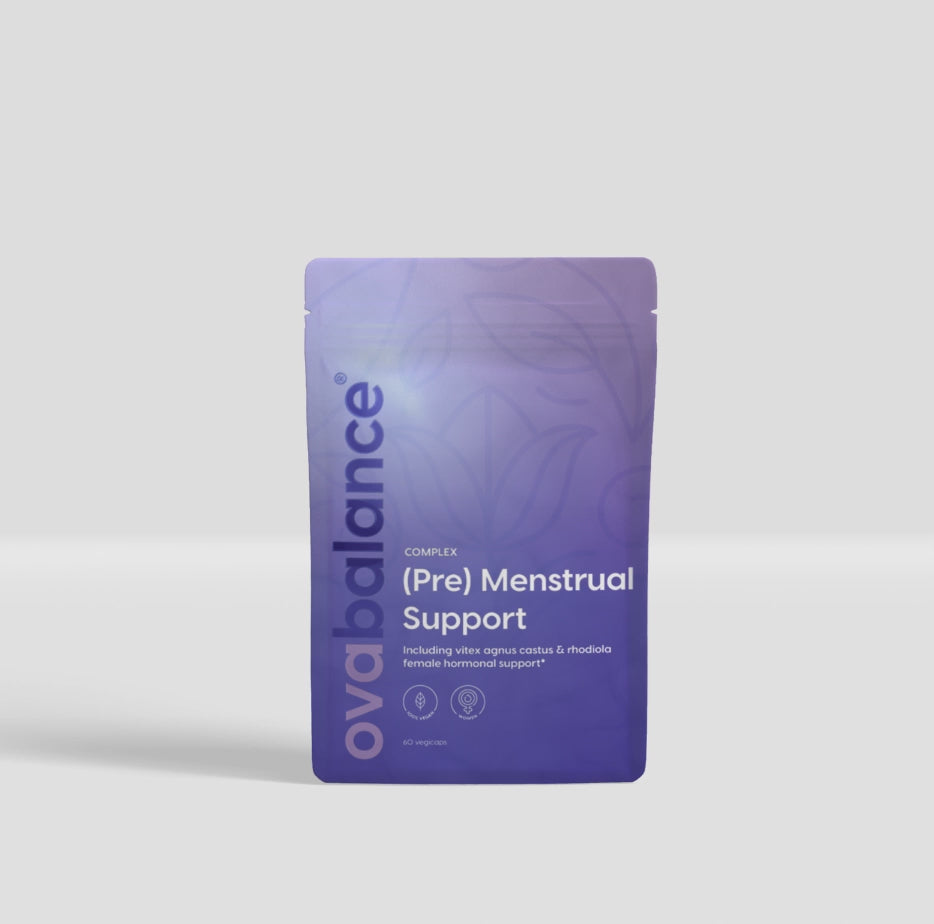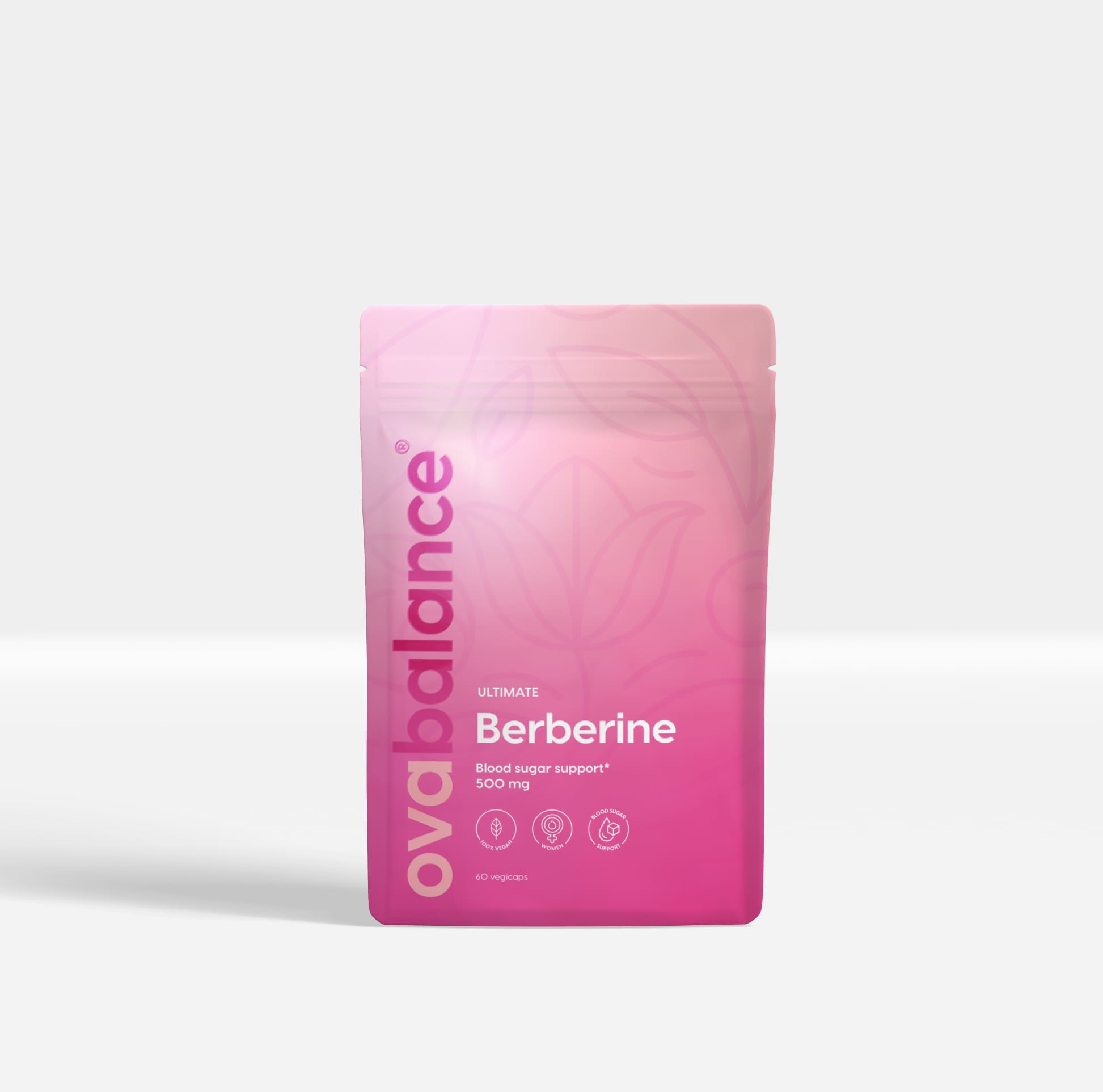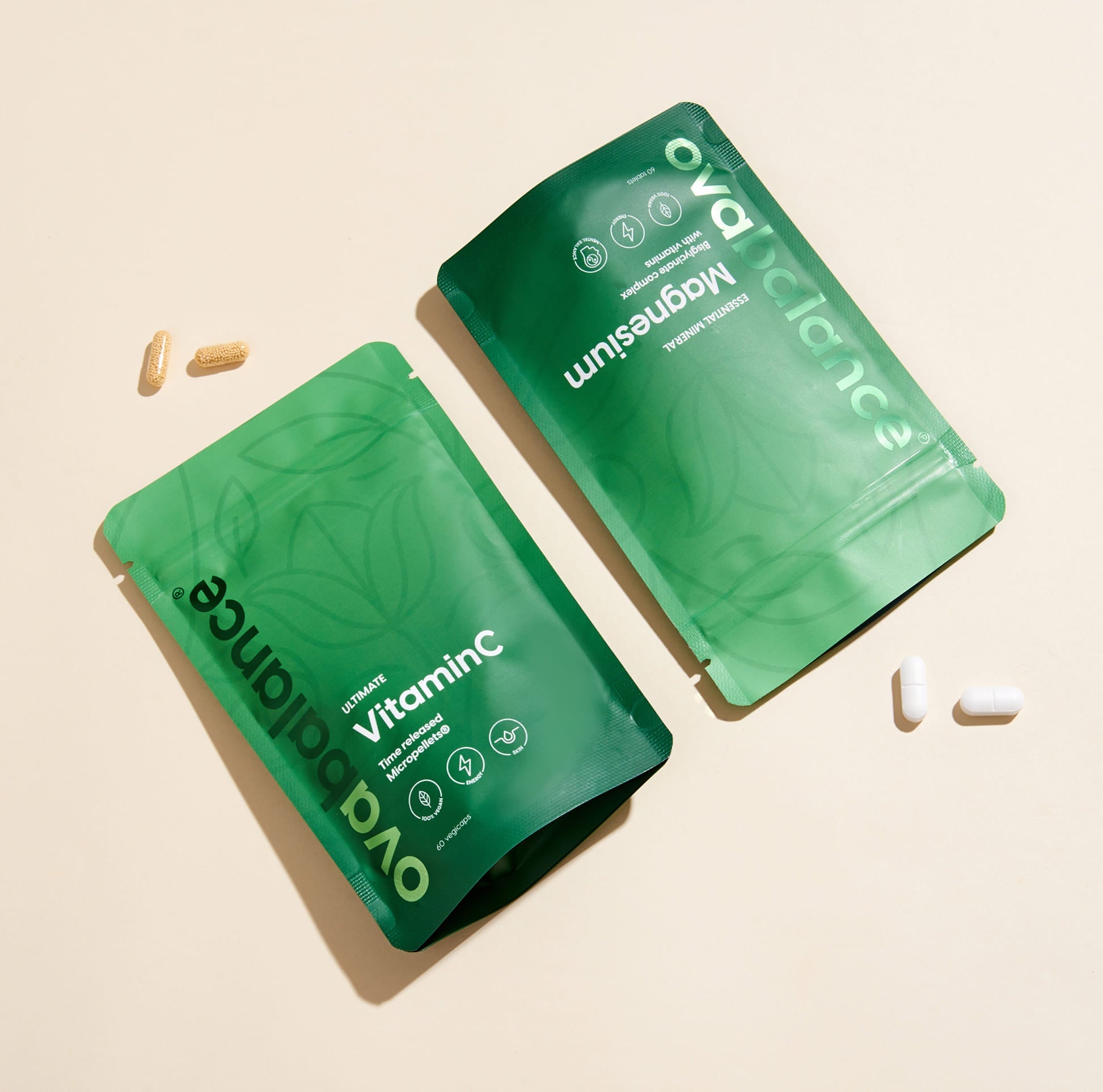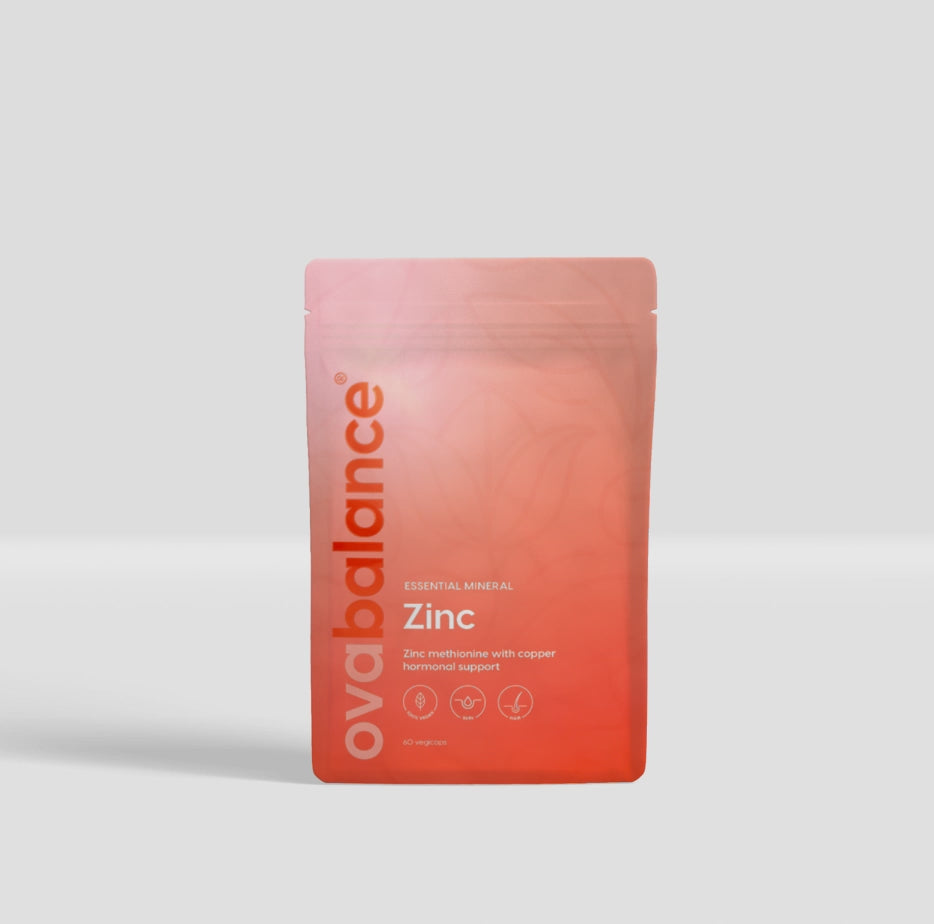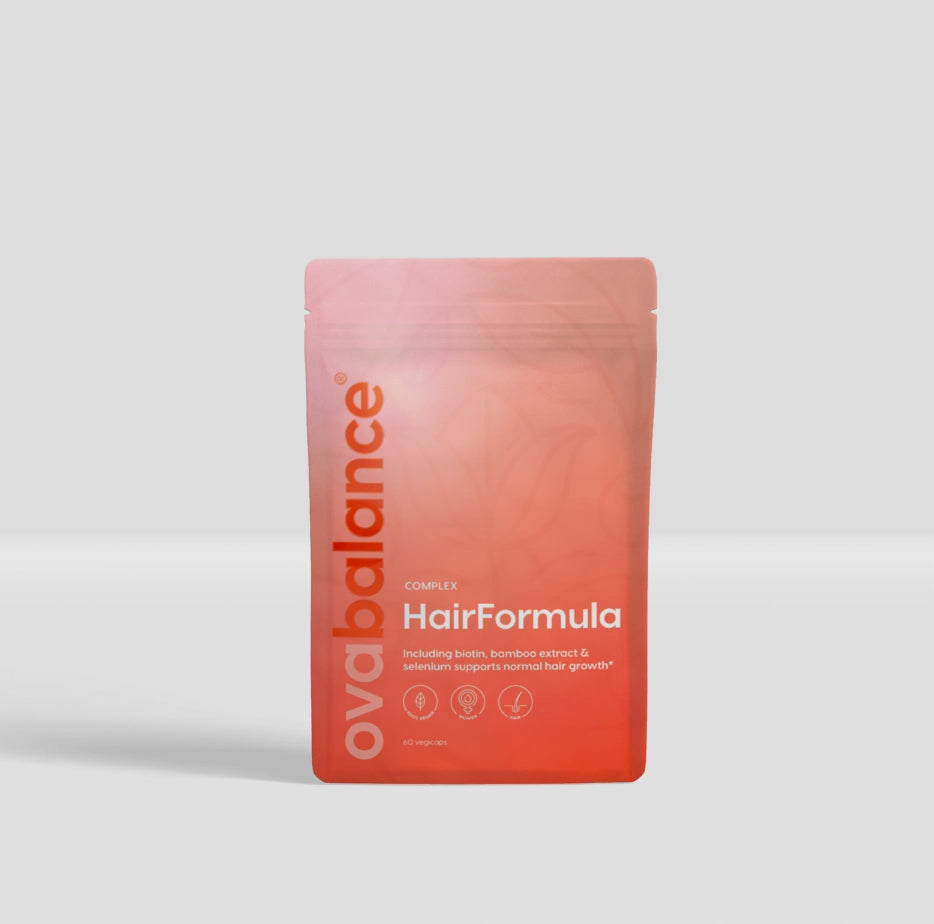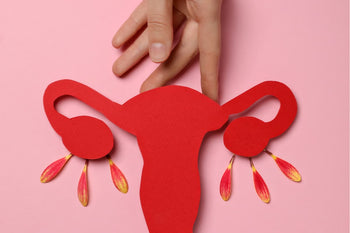

Estrogen is one of the female sex hormones. It plays an important role in your menstrual cycle. In this article, we delve deeper into the fascinating world of estrogen and tell you how to keep this important hormone in balance. Read on quickly.
Contents
What is estrogen?
Your ovaries produce estrogen. Estrogen is a hormone that plays an important role in the development and functioning of the female reproductive system. It regulates your menstrual cycle. And it is responsible for the development of your secondary sexual characteristics during puberty, such as developing breasts and widening your hips.
Types of Estrogen
Estrogen is actually the umbrella term for a group of hormones. There are three main types of estrogen in your body, namely:
Estradiol;
Estrone;
And estriol.
Estradiol is the most important and potent form of estrogen.
Estrogen in men
In men, estrogen also occurs, but in smaller quantities. In men, estrogen is produced in the testicles, among other places. The hormone plays a less important role in men than in women.
What are the symptoms of estrogen deficiency?
A shortage of estrogen is also called estrogen deficiency. When this occurs during menopause, it is normal. During menopause, the estrogen level in your blood decreases, because the production by the ovaries decreases. The symptoms of estrogen deficiency in women are, for example:
Hot flashes;
Night sweats;
Vaginal dryness;
Decreased libido;
Mood swings;
Sleep problems;
And fatigue.
In addition, a lack of estrogen can sometimes lead to changes in your skin, such as dryness and thinning. It also increases your risk of osteoporosis.
It is important to note that estrogen deficiency also occurs in other groups of women and not just during menopause, such as:
For certain medical conditions;
After removal of the ovaries;
Or when using certain medications.
The symptoms of an estrogen deficiency are not all very specific. This means that they also occur in other conditions. If you have persistent complaints, always consult your GP.
What does estrogen do?
Estrogen does several things in your body:
Estrogen regulates your menstrual cycle : The hormone is needed for the maturation of your eggs in your ovaries. In addition, it ensures the monthly construction of your uterine lining, in which a fertilized egg can nestle. If this does not happen? Then the uterine lining is shed during menstruation.
Estrogen is important for the development of secondary sex characteristics : Estrogen is responsible for the development of female secondary sex characteristics such as breast growth, pubic hair development, and widening of the hips.
Estrogen helps maintain healthy bones : The hormone plays a role in maintaining bone density. Healthy bone density is important for the strength of your bones. When you suffer from osteoporosis, your bones become more brittle and break more easily.
Estrogen helps regulate your cholesterol levels : Estrogen helps keep your cholesterol levels in balance. It promotes the right ratios between 'good' and 'bad' cholesterol.
Estrogen affects your mood and your nervous system : Estrogen promotes the amount of serotonin that is released in your brain. Serotonin is also called the happiness hormone. In addition, estrogen affects the development of nerves in your brain. A decrease in estrogen can cause mood swings.
Estrogen helps keep your skin healthy . It plays a role in the production of collagen. An important part of the connective tissue in your skin.
Estrogen also affects your heart and blood vessels . The hormone has a protective effect on blood vessels, making it less likely that high blood pressure or cholesterol will cause damage.
What is estrogen dominance?
Estrogen dominance occurs when your hormones are out of balance with each other. Your estrogen levels are too high in relation to other hormones, such as progesterone.
Although estrogen is important for many bodily functions, too much estrogen relative to the hormone progesterone has adverse effects. Estrogen dominance can occur as a result of:
Excessive estrogen production;
A disturbed breakdown of estrogen;
Or a reduced production of progesterone.
Each of these causes creates a hormonal imbalance, where there is too much estrogen in your blood.
The Symptoms of Estrogen Dominance
Symptoms of estrogen dominance vary, but may include:
Irregular periods: You may experience heavier, longer, or irregular menstrual cycles.
PMS (Premenstrual Syndrome): Symptoms such as mood swings, irritability, bloating, breast tenderness, and headaches before your period.
Changes in the breasts : Swollen, tender or painful breasts may occur.
Weight Gain : Estrogen dominance is also linked to weight gain, especially around the hips, buttocks, and thighs.
Fluid retention : Estrogen dominance contributes to the retention of too much fluid in your body. The result is, for example, a bloated feeling or swollen feet.
Fatigue : You feel tired and listless due to high levels of estrogen.
Migraine : Women with estrogen dominance are also sometimes prone to migraine attacks.
Decreased libido : Increased estrogen levels can cause you to have a lower libido.
Estrogen and menopause
When you enter menopause, your ovaries gradually stop working and the amount of estrogen in your body decreases. The eggs run out and the cycle becomes more irregular and eventually comes to an end. The moment when you have your last period is called menopause.
The decrease in the amount of estrogen in your blood can be accompanied by menopausal symptoms, such as hot flashes, night sweats and mood swings. Read more about menopause here:
What contains estrogen?
In your body, estrogen is produced by your ovaries and your fat tissue. But there are also foods that contain phytoestrogens. These are a type of plant estrogen. Some of these foods include:
Soy products, such as tofu, soy milk and tempeh.
Linseed and linseed oil.
Legumes, such as chickpeas, lentils and beans.
Sesame seeds and sesame oil.
Nuts, such as almonds, pistachios, cashews and walnuts.
Oatmeal and barley.
How do you keep your estrogen levels in balance?
There are a number of things you can do to keep the estrogen in your body as balanced as possible. Here are some tips:
Healthy eating : with a healthy diet you take good care of your body. Healthy food is rich in nutrients such as fiber, antioxidants, vitamins and minerals. Avoid excessive use of alcohol and caffeine.
Get enough exercise : Regular exercise helps you maintain a healthy weight and reduces the risk of hormonal imbalance.
Reduce your stress level : Stress can disrupt hormonal balance and thus affect estrogen levels. Try to reduce stress by relaxing more. You can do this by using relaxation techniques such as meditation, yoga or breathing exercises.
Avoid exposure to hormone disruptors : Exposure to chemicals like bisphenol-A (BPA), phthalates, and parabens can disrupt your hormonal balance. Try to avoid these substances. For example, use natural skin care products that are free of hormone disruptors. And store your food in containers that are free of BPA and other plasticizers.

